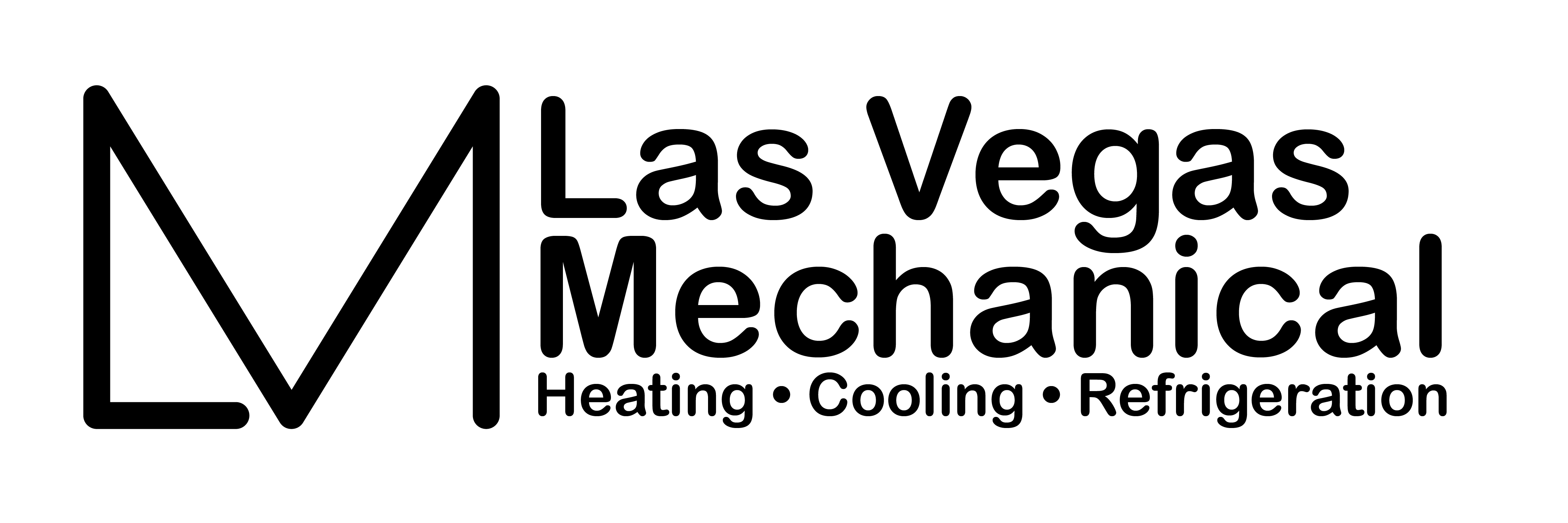Ductless air conditioning systems are becoming increasingly popular in many homes and commercial buildings due to their ease of installation and energy efficiency. These systems offer numerous benefits, including their ability to cool specific rooms or areas in a building, their high energy efficiency, and their lack of ductwork. However, like all HVAC systems, there are some disadvantages to using ductless air conditioning systems that should be considered before making a purchase. In this essay, we will discuss the disadvantages of ductless air conditioning systems.
One of the primary disadvantages of ductless air conditioning systems is their cost. These systems tend to be more expensive than traditional central air conditioning systems due to their advanced technology and the need for multiple indoor units. While the initial cost may be higher, the long-term savings in energy costs may offset this expense. Nevertheless, it is important to factor in the cost of installation, maintenance, and repairs before purchasing a ductless system.
Another disadvantage of ductless air conditioning systems is the need for regular maintenance. While the lack of ductwork can reduce the amount of dirt and debris that builds up in the system, it is still important to clean the filters and coils regularly. Failure to do so can result in reduced efficiency, higher energy costs, and even system failure. Therefore, homeowners must be aware of the maintenance requirements of ductless systems and be willing to invest time and money into their upkeep.
One of the significant disadvantages of ductless systems is that they can be unsightly. While the indoor units can be mounted high on walls or ceilings to reduce their visibility, they are still visible and can be a distraction in a room. For homeowners who value the aesthetics of their home, this can be a significant drawback. Additionally, the outdoor unit can also be noisy, making it less suitable for quiet neighborhoods or apartments.
Finally, ductless air conditioning systems may not be suitable for large buildings or spaces. The lack of ductwork limits the range of the system, making it less effective for large areas. Moreover, the multiple indoor units required to cover a larger area can be costly and take up valuable space. In such cases, traditional central air conditioning systems may be a better option.
In conclusion, ductless air conditioning systems have numerous advantages, including their energy efficiency and ease of installation. However, there are also disadvantages that must be considered before purchasing these systems, including their cost, maintenance requirements, and unsightliness. Moreover, they may not be suitable for larger buildings or spaces. Ultimately, homeowners and commercial building owners should carefully evaluate the pros and cons of ductless air conditioning systems before making a purchase.
